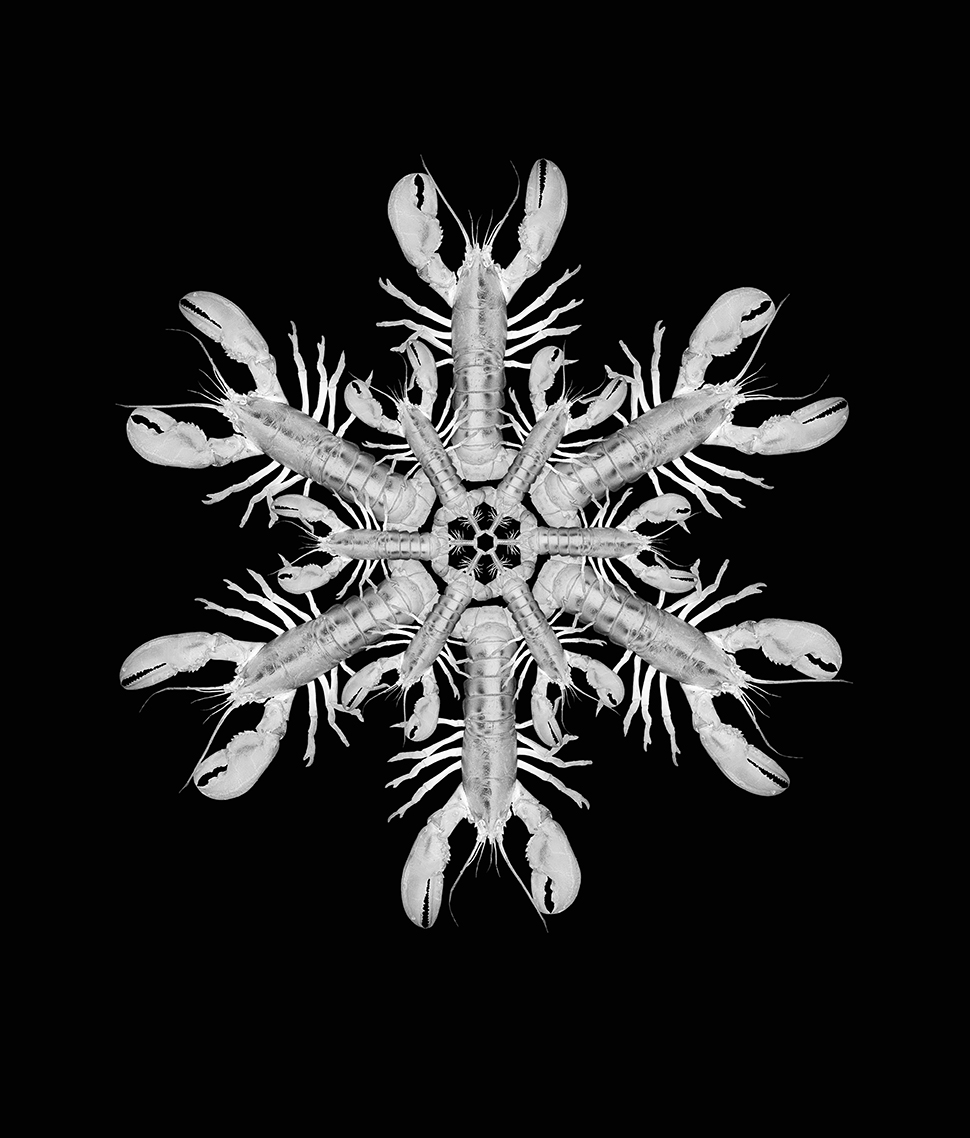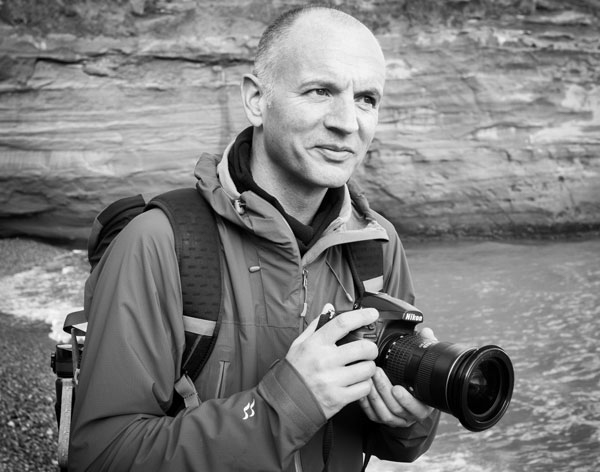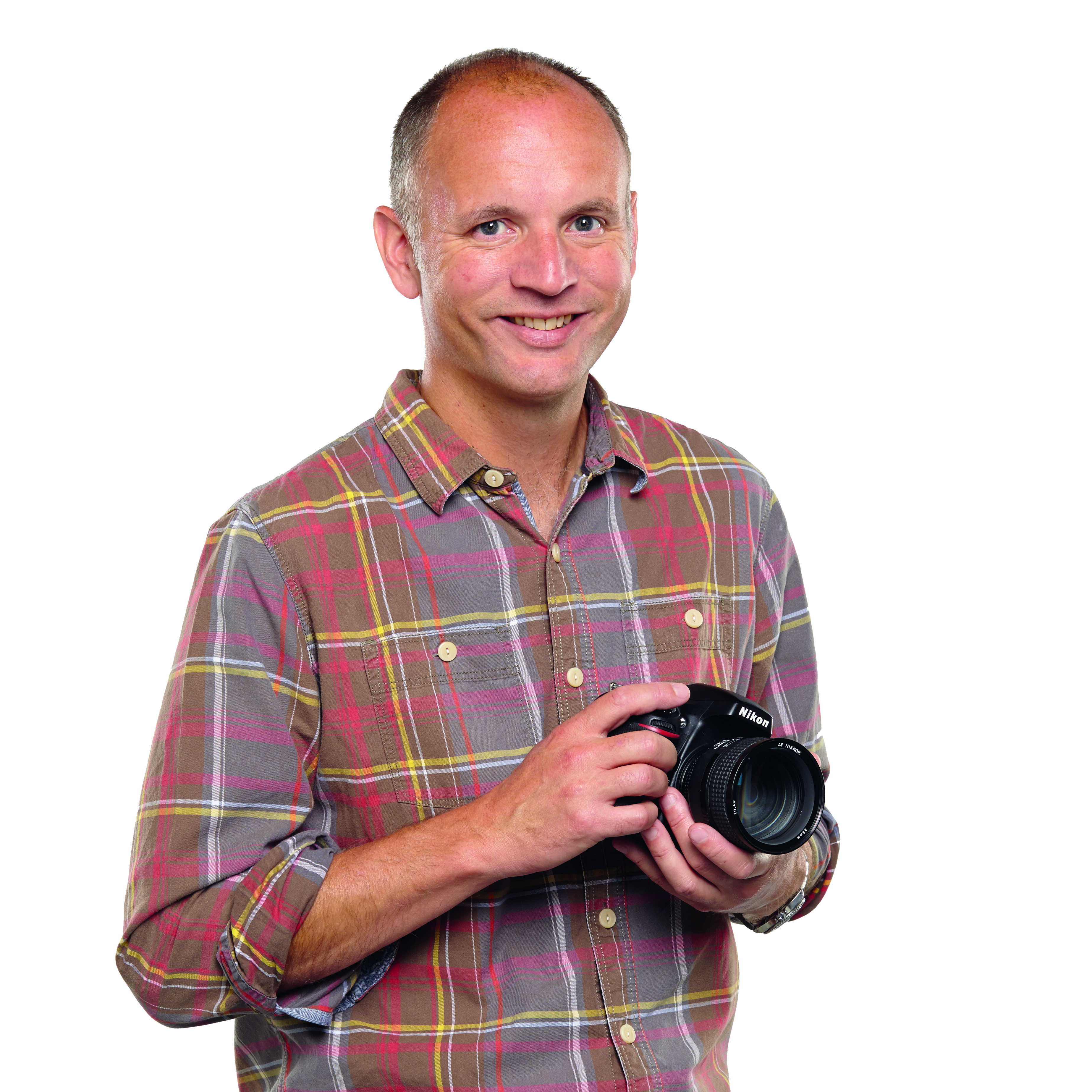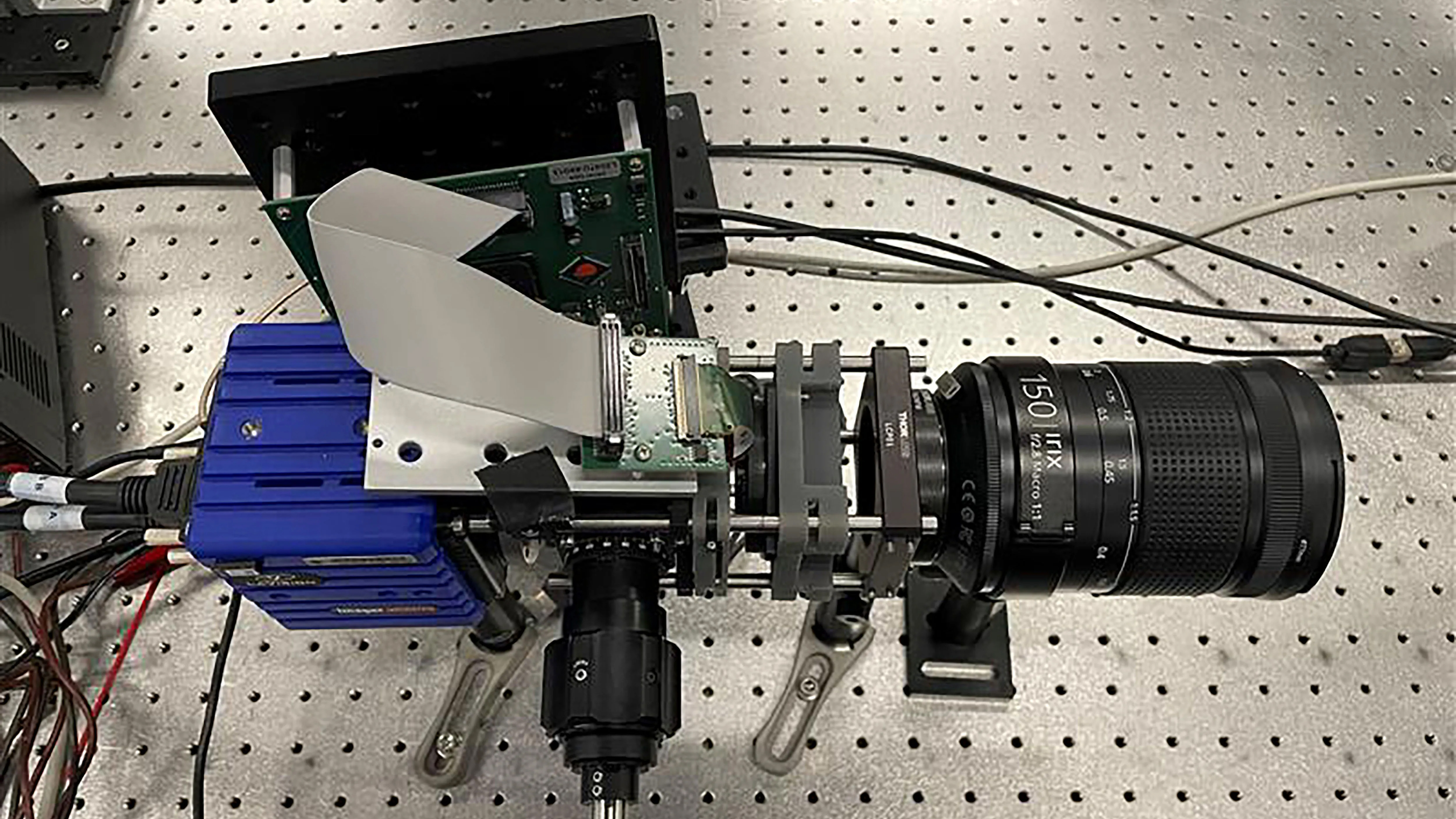“Having fun with new photo techniques opens doors that you might never have known existed”
The Art of Seeing #45: Surreal snowflakes and photo fun inspire Benedict Brain to craft a Photoshop project

The best camera deals, reviews, product advice, and unmissable photography news, direct to your inbox!
You are now subscribed
Your newsletter sign-up was successful

Benedict Brain is a UK-based photographer, journalist and artist. He is an Associate of the Royal Photographic Society and sits on the society’s Distinctions Advisory Panel. He is also a past editor of Digital Camera Magazine, and the author of You Will be Able to Take Great Photos by The End of This Book.
Continuing the previous column’s surrealist theme (with my overexposed statue), I thought I’d share a lobster snowflake image with you. This image was essentially made for the sheer fun of it. It got me thinking that sometimes, I can get a little bit too ‘serious’ about my work: at times it’s good to let your hair down (if only I had some!) and just make images for the sheer joy of it.
I am fascinated by the ups and downs of the creative process, and frequently explore ideas around creativity in this column, in the workshops I run, and in my general thoughts on photography. Of course, there are lots of aspects I take seriously about my ‘practice’, and I would hate to trivialize this work; but as part of the creative experience, having fun and experimenting with new ideas and techniques can open doors that you might never have known existed. This leads me nicely on to making lobster-inspired snowflakes...
When I originally explored the idea of making snowflakes, it was for a tutorial I was writing for the magazine Practical Photoshop, to demonstrate the Step and Repeat functionality in Photoshop. It’s pretty easy, and great fun. I guarantee that once you’ve mastered the technique you’ll be scouring your archives, looking for images to transform into snowflakes.
First, take some time to get familiar with the basic Transform tools: once you’ve mastered these, making a snowflake will feel more natural. Start with a transformation; in the case of a snowflake, that means making a rotation of 60 degrees, shifting the anchor point to the bottom and pressing Return. Next, press Shift+Ctrl+Alt+T (or Shift+Cmd+Alt+T in macOS), and the transformation will repeat itself. Simply do this six times; six lots of 60 degrees will bring you back to the beginning, creating a full 360 degrees.
By the way, this was a photograph of a plastic lobster; no lobsters were harmed during the making of this snowflake.
• Other articles in the Art of Seeing series
Read more:
• The 50 best photographers ever
• 100 best photography quotes from famous photographers
• The best coffee-table books on photography
The best camera deals, reviews, product advice, and unmissable photography news, direct to your inbox!
Benedict Brain is a UK based photographer, journalist and artist. He graduated with a degree in photography from the Derby School of Art in 1991 (now University of Derby), where he was tutored and inspired by photographers John Blakemore and Olivier Richon, amongst others. He is an Associate of the Royal Photographic Society and also sits on the society’s Distinctions Advisory Panel.
Until July 2018 Benedict was editor of Britain’s best-selling consumer photography magazine, Digital Camera Magazine. As a journalist he met and interviewed some of the world’s greatest photographers and produced articles on a wide range of photography related topics, presented technique videos, wrote in-depth features, curated and edited best-in-class content for a range of titles including; Amateur Photographer, PhotoPlus, N-Photo, Professional Photography and Practical Photoshop. He currently writes a regular column, The Art of Seeing, for Digital Camera magazine.

